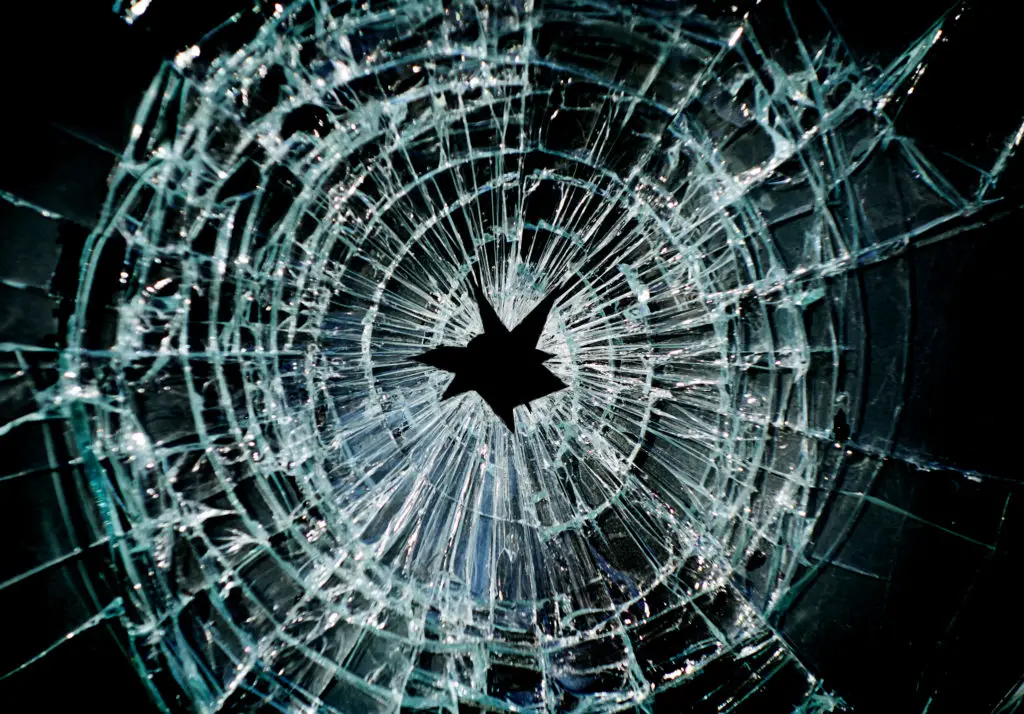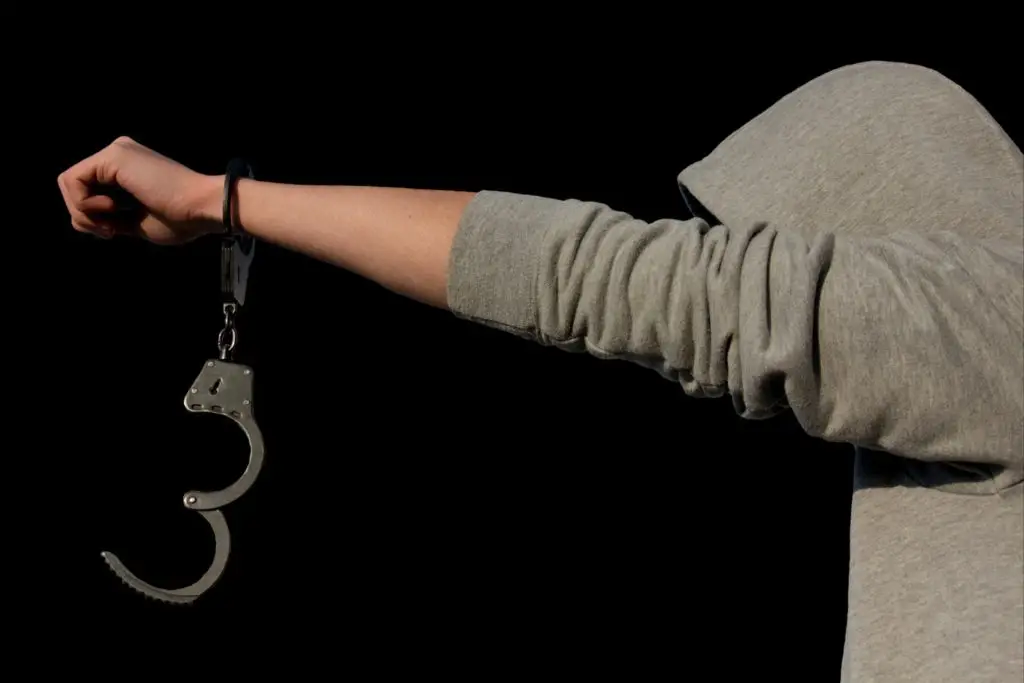One question that I get asked a lot is what criminology is. This post and video give a brief overview of the definition of criminology.
Table of Contents
Criminology Definition
Criminology is the scientific study of several different aspects of crime, namely:
- The nature and extent of crime: How much crime is there in our society, what crime types are there, etc. I’ve talked a little bit about it in here.
- The causes of crime: This includes questions like: Why do some people commit crime and why do others not commit crime? Or: Why does crime happen at some places and not at others? The causes of crime is without a doubt one of the most studied areas in criminology. And it’s also the topic of one of my online courses.
- The consequences of crime: Crime affects a large number of people. Offenders, and the reasons why they commit crime, often receive the bulk of the attention, but many more people are involved in one way or another. Of course, the victims of crime can experience a range of consequences, including potential injuries, psychological consequences, an inability to work or pursue other activities, and financial damages among others. Besides the victims, the people around them (such as their families), entire communities and even society as a whole are affected by crime.

- Reactions to crime: This sub-area of criminology covers responses to crime by law enforcement. For example, it covers the police, and how they handle crime, the practices that they use, the decisions that they make while they’re doing their job, and the way in which they treat offenders. It also looks at the way in which courts sentence offenders, how judges make decisions and process cases, and whether and how different offenders are treated in different ways. Finally, this field focuses on different types of punishment, on what happens after imprisonment (such as when offenders are on parole or probation), and also on prison life, like on prison practices and how inmates experience day to day life in prison.
- The prevention of crime: There are many strategies that are claimed to prevent crime; some of these may be effective and others not. In order to know whether a particular program or policy change is effective in reducing crime, one has to test it using a robust method, which can then show whether it is worth investing in that program of policy initiative, or whether attention should be focused elsewhere.
An Object Science
One thing that I’ve always found useful when defining criminology is to see it as an object science. The idea here is that there are many different sciences that study crime. So crime is the object of study across those difference sciences.

Criminology is very diverse, because people look at crime from very different perspectives. For example, lawyers, sociologists, economists, biologists, anthropologists, psychiatrists, psychologists, philosophers, political scientists and historians have all contributed to criminology. But they all come from their own background and have different views on crime, methods, and theoretical perspectives. Some people feel that this creates problems for criminology, because it’s very difficult to create a sort of integrative framework. But others think, and I feel that way too, that it makes criminology so interesting, because it’s so multidisciplinary.

Examples Of Criminology Questions
Here are a couple of examples of how different disciplines look at crime:
- When looking at crime from a law perspective, it deals more normatively with the conditions under which punishment may be imposed;
- Sociology is about groups and social relationships and how crime happens within these relationships, for example in youth groups;
- Psychology is all about human behavior and experiences;
- Biology is about the natural basic conditions of life;
- Economics looks for example at the costs and benefits of criminal behavior;
- History deals with questions like: What is the course of crime over the past centuries? How did people deal with offenses in the past? Have there been any changes in what is considered crime?

So all of these disciplines offer their own, unique lens on crime. And depending on the area of criminology that you’re interested in, you can use insights from several of these disciplines.
Criminology Course
Want to learn more about crime and criminology? Check out my Udemy course. If you use this discount coupon, you can get it for $14.99.


good article thanks.
Glad to hear that, Hamid.
I am really enjoying to read your blog .
From Sweden
Studying LLB
Glad you’re finding it helpful, Muntasir.